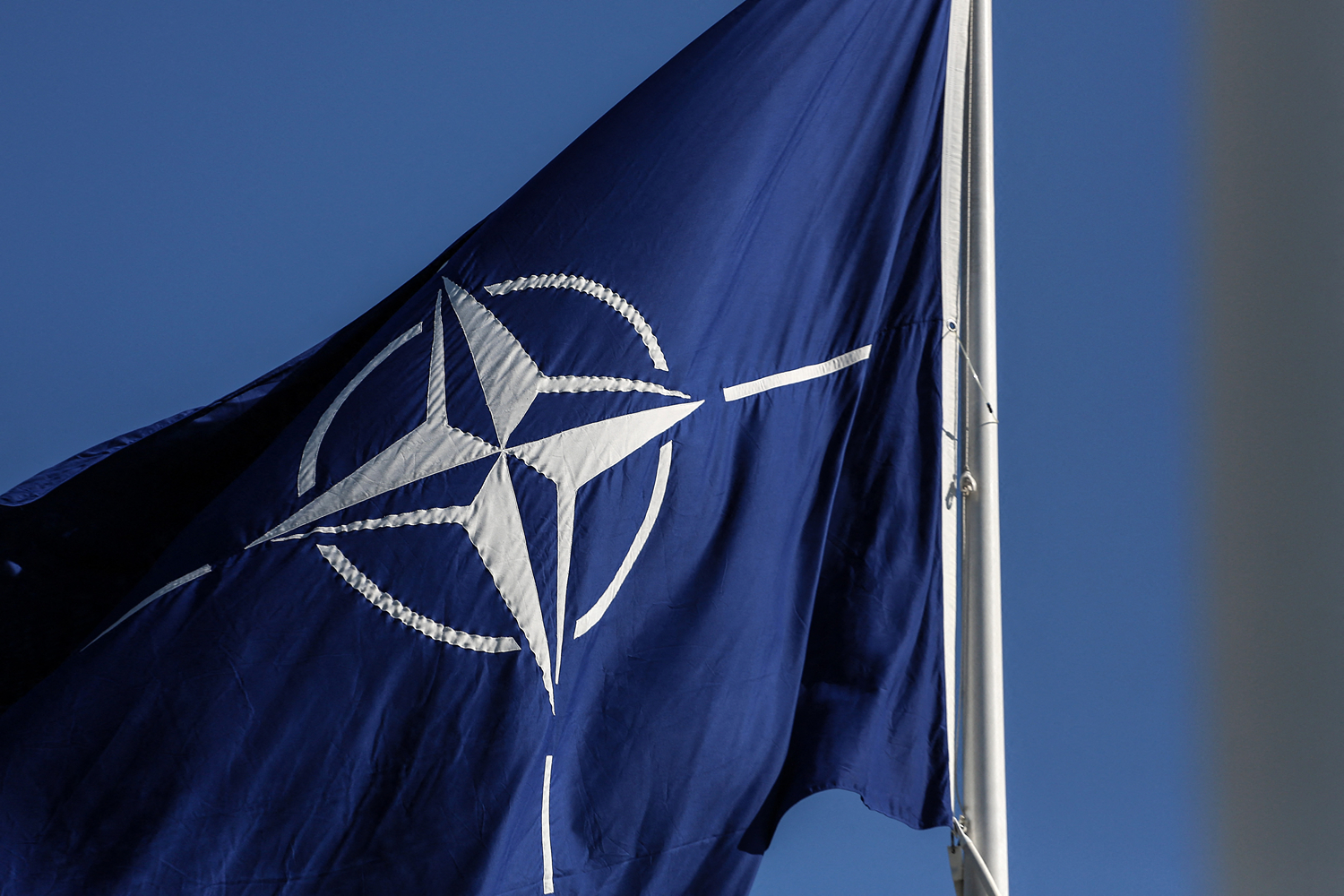
Jakub KOREJBA(*)
Divergencies between Türkiye and Sweden reveal a certain tension not only inside NATO but inside the conception of the Western security community. This may lead to a fatal split, but also to a strategic renaissance.
Tension between Ankara and Stockholm is nothing new, it was rising for years and become the part of the NATO’s agenda only after Sweden and Finland applied to join the Alliance. Bilateral differences between the two states are well known, have various reasons, both internal and external and will hardly disappear, even if the current crisis is settled. To say it in the most pragmatic way: from the point of view of any other country in Europe, what happens between Türkiye and Sweden stays between them and doesn’t really form an interesting political issue for any other government.
This was true for years and would be true onwards if only the security context didn’t change so dramatically last year moving the Turco – Swedish relations to the top of the Western security agenda and creating an urgent necessity to notice and solve the problem in a strategic, not tactical perspective. Because what happened between Ankara and Stockholm turns out to be a question that defines the parameters of the European (and furthermore, Transatlantic) security system: without puting this question in order the system will simply stop working increasing the already high level of chaos and unpredictability.
On the surface, the essence of the problem may be defined in purely political, not to say technical terms: the two countries do not agree on this or that issue, define this or that person or organization differently and argue on how to deal with them. But behind the actual discussion on specific persons and structures, there is a second, deeper and more important conflict that may be much more difficult to settle, because it has a conceptual if not a philosophical nature. Discussion about how to treat this or that PKK activist reflects a fundamental difference of thinking about the notion of what ‘alliance’ and ‘security’ is and how to altain it is acceptable or not.
The core of the problem has an ethical nature and may be resumed in the following question: is it possible for a structure that calls itself an ‘alliance’ to accept a situation when a threat to one of the members comes from another member? If NATO responds ‘no’, this means that Sweden will have to revise its policy towards people and structures, it provides with protection and support. If NATO responds ‘yes’, it would put on the table the question of whether the relations between members really have an allied nature. If this response is given legitimacy, no trust between member-states is possible any longer and what was invented as a collective security structure, changes into a simple political instrument. Because, if one country is allowed to sponsor a threat to another country, what difference would it make from the Warsaw Pact where the Brezhnev Doctrine allowed to organize an attack on Czechoslovakia when the country peeled of the ideological orthodoxy coming from all the more supersensitive center that was hiding its purely geopolitical objectives under the guise of rising dogmatism?
This is a scenario to avoid, not only because of the deplorable fate of the Warsaw Pact, but because neither an ideology nor a geopolitical aim is a reason for the existence of NATO. It is simply to guarantee the security and territorial integrity of all its members. No more, no less than that, bit paradoxically enough, this is exactly what Sweden is doing to Türkiye and, moreover expects an all-official legitimization from the whole Alliance for its practices.
The rising tension between Ankara and Stockholm and the procrastination of the Swedish and Finnish membership is increasingly disturbing for all other member-states, especially those of the Eastern Flank who feel the raising security risks more directly than anyone else. Banal it may sound, the true security of the NATO Eastern Flank cannot be established and guaranteed neither without Türkiye who covers the Black Sea region nor without the Scandinavians who protect the Baltic. And this means that from the point of view of Warsaw or Vilnius, a fair deal between the two is an issue of the first and urgent matter for the national security and thus it should be reached as fast as possible. On the other hand, there is an understanding of the fact, that if NATO wants to efficiently respond to actual and future challenges, it needs to rethink its internal mechanics, reject the dysfunctional practices and establish clear game rules, just and equal for all members of the club.
This process may take time, but it seems to be a necessary step towards an adaptation, not only to the new geopolitical reality, but to one another – a European katharsis after the Ukrainian crisis. That is to avoid a kind of strategic hubris, that already led a few states, alliances and empires to cover problems with talking instead of solving them, which ultimately always led them to disintegration.
*Jakub Korejba graduated from Warsaw University (Institute of International Relations, 2009). Lecturer at MGIMO University in Moscow (2010-2015). Holds Ph.D degree (Problems of European Policy in Russia-Ukraine Relations, 2013). Journalist with several Polish newspapers and Russian TV stations.
**Photo: Handout - Ukrainian Presidential Press Service/AFP
© 2009-2025 Avrasya İncelemeleri Merkezi (AVİM) Tüm Hakları Saklıdır
Henüz Yorum Yapılmamış.
-
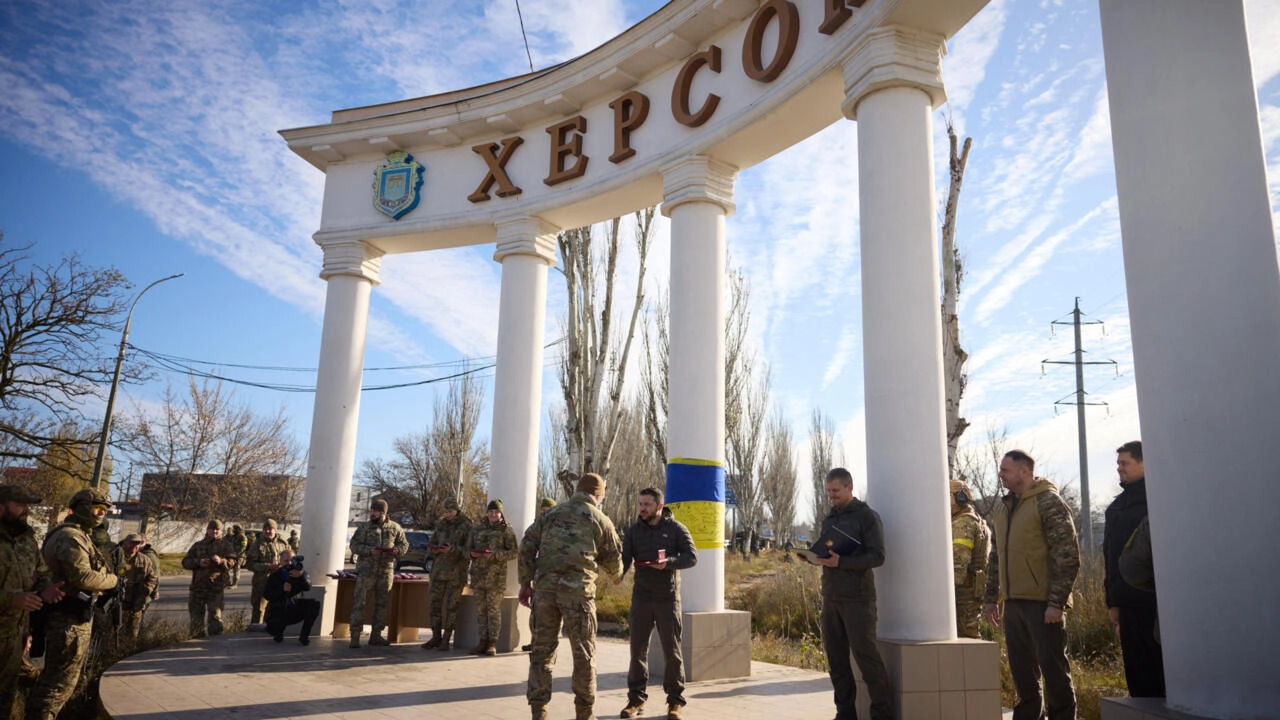 THE LIBERATION OF KHERSON BY UKRAINE - A GLORIOUS BUT TRICKY TURNING POINT OF THE WAR - 01.12.2022
THE LIBERATION OF KHERSON BY UKRAINE - A GLORIOUS BUT TRICKY TURNING POINT OF THE WAR - 01.12.2022
Jakub KOREJBA 01.12.2022 -
 RUSSIA AND UKRAINE’S NEW RELATIONS: EVOLUTION THROUGH CONFRONTATION - 25.06.2024
RUSSIA AND UKRAINE’S NEW RELATIONS: EVOLUTION THROUGH CONFRONTATION - 25.06.2024
Jakub KOREJBA 25.06.2024 -
 RETHINKING NATO TO MAKE IT STRONGER - 03.02.2023
RETHINKING NATO TO MAKE IT STRONGER - 03.02.2023
Jakub KOREJBA 03.02.2023 -
 HUNTINGTON REVERSED: HOW TURKISH MEDIATION BETWEEN RUSSIA AND UKRAINE FALSIFIES THE ‘CIVILIZATIONAL’ PARADIGM OF INTERNATIONAL RELATIONS - 21.05.2025
HUNTINGTON REVERSED: HOW TURKISH MEDIATION BETWEEN RUSSIA AND UKRAINE FALSIFIES THE ‘CIVILIZATIONAL’ PARADIGM OF INTERNATIONAL RELATIONS - 21.05.2025
Jakub KOREJBA 22.05.2025 -
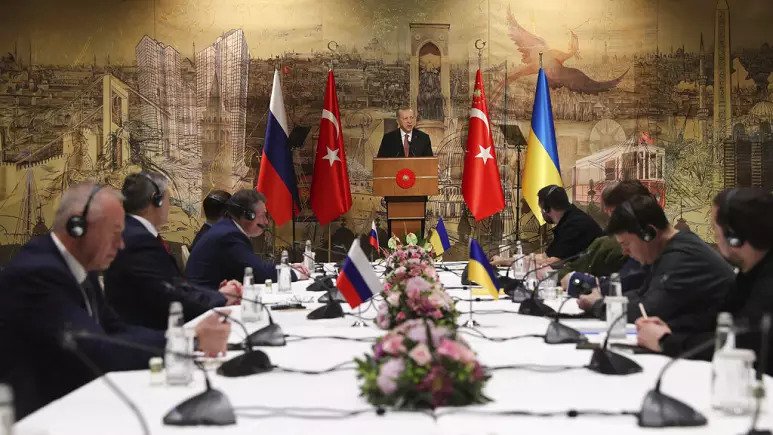 RUSSIA AND UKRAINE: FAR FROM PEACE - 27.09.2022
RUSSIA AND UKRAINE: FAR FROM PEACE - 27.09.2022
Jakub KOREJBA 27.09.2022
-
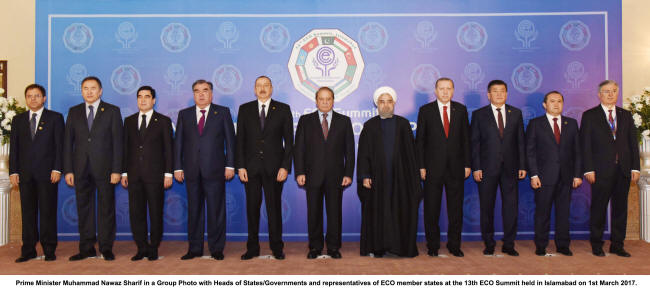 EKONOMİK İŞBİRLİĞİ TEŞKİLATI: MEVCUT DURUM VE BEKLENTİLER
EKONOMİK İŞBİRLİĞİ TEŞKİLATI: MEVCUT DURUM VE BEKLENTİLER
Özge Nur ÖĞÜTCÜ 15.03.2017 -
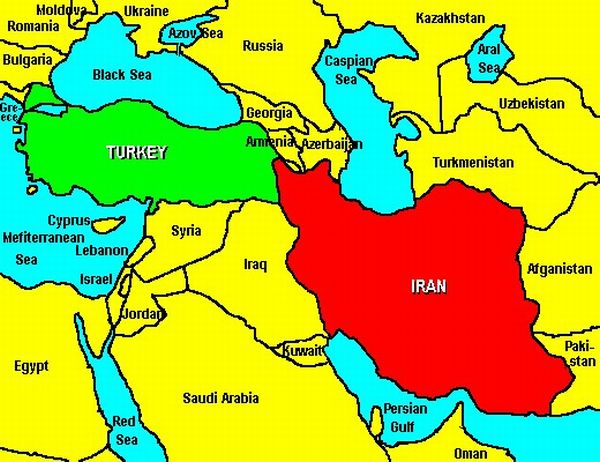 THE VICIOUS CIRCLE OF MIDDLE EAST: WHY IRAN-TURKEY COOPERATION IS IMPORTANT?
THE VICIOUS CIRCLE OF MIDDLE EAST: WHY IRAN-TURKEY COOPERATION IS IMPORTANT?
Nematollah MOZAFFARPOUR 25.05.2016 -
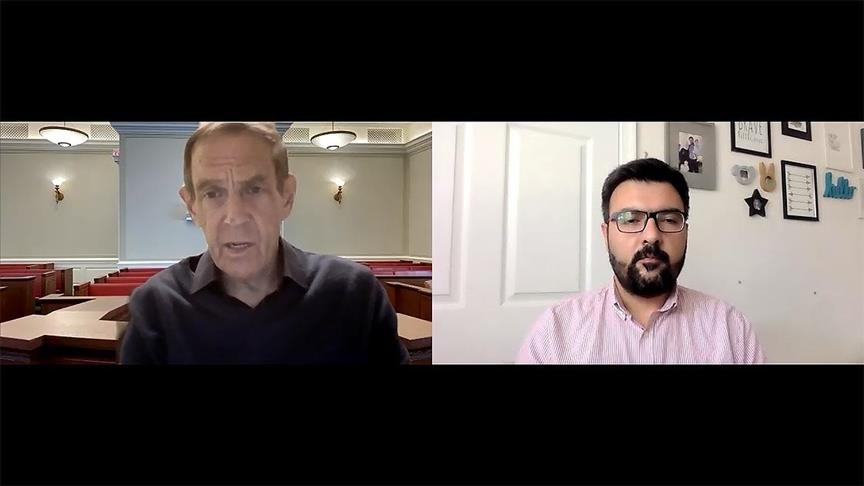 INTERVIEW: 'ARMENIA HAS REFUSED TO OPEN THEIR ARCHIVES': US LAWYER - ANADOLU AGENCY - 03.04.2022
INTERVIEW: 'ARMENIA HAS REFUSED TO OPEN THEIR ARCHIVES': US LAWYER - ANADOLU AGENCY - 03.04.2022
Kasım İLERİ 14.04.2022 -
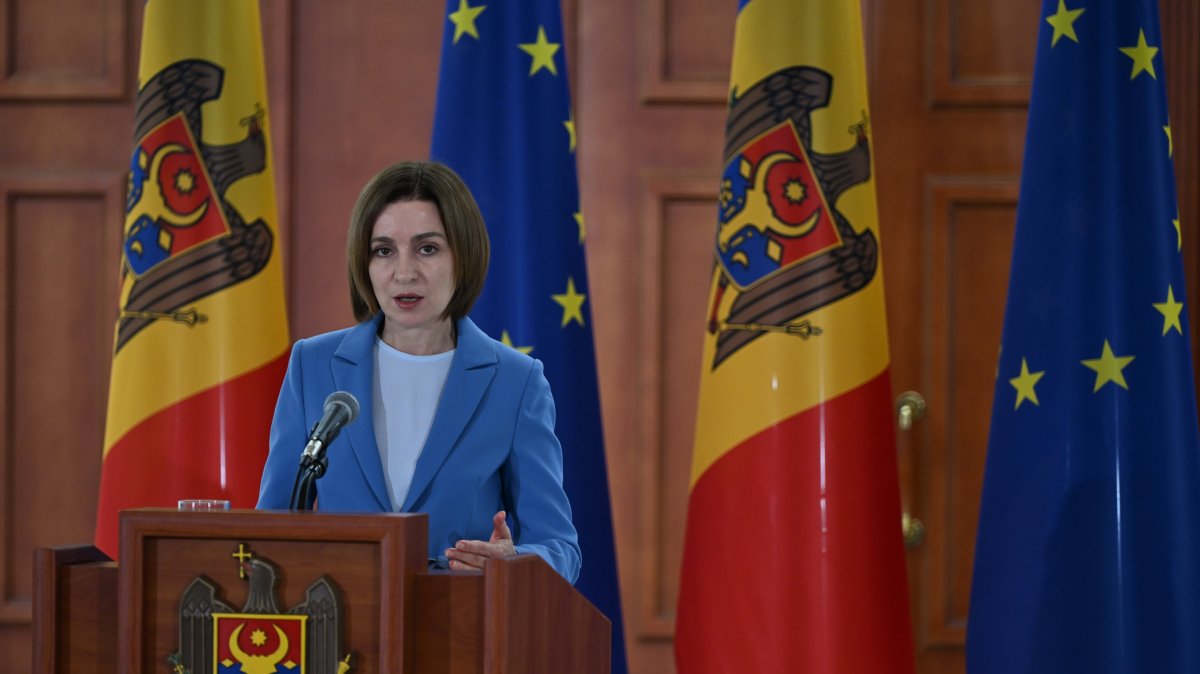 MOLDOVAN ELECTIONS IN SHADOW OF RUSSIA-WEST RIVALRY - DAILY SABAH - 28.10.2025
MOLDOVAN ELECTIONS IN SHADOW OF RUSSIA-WEST RIVALRY - DAILY SABAH - 28.10.2025
Hazel ÇAĞAN ELBİR 30.10.2025 -
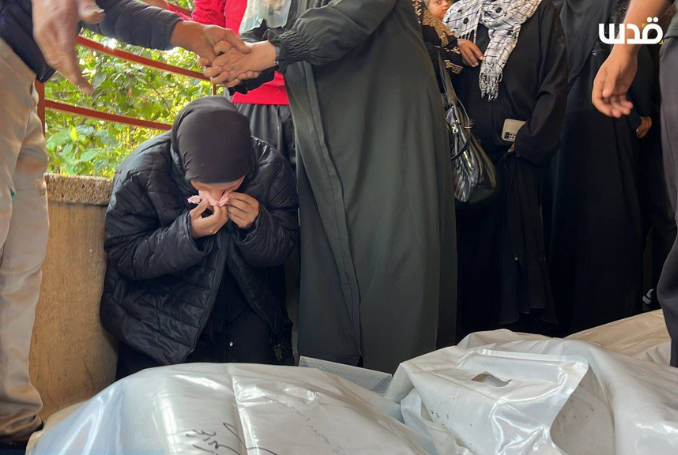 GAZA: THE NECESSARY GENOCIDE IN A HISTORY OF GENOCIDES - THE PALESTINE CHRONICLE - 05.01.2026
GAZA: THE NECESSARY GENOCIDE IN A HISTORY OF GENOCIDES - THE PALESTINE CHRONICLE - 05.01.2026
Jeremy SALT 05.01.2026


